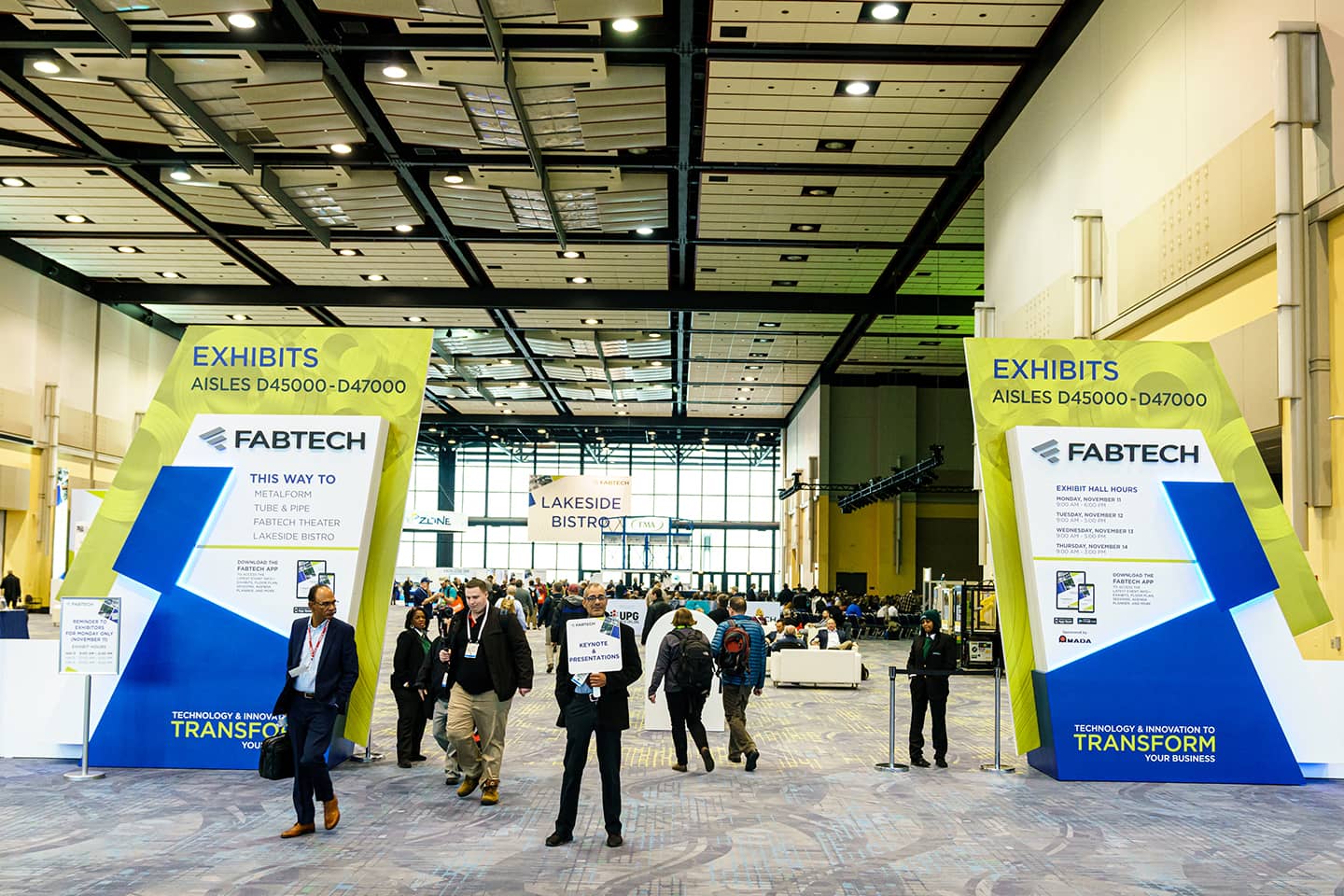FABTECH Q&A with Walmart’s VP for U.S. Manufacturing
As many of you might know, Walmart has committed to spending $250 billion dollars over the next decade on U.S .made products. This effort will create thousands of manufacturing jobs, and will create new business for both existing and new Walmart suppliers. Cindi Marsiglio, Walmart’s vice president for U.S. manufacturing will offer keynote remarks at this year’s FABTECH show on Tuesday morning at 9:00 AM. In her presentation, she’ll discuss Walmart’s work to engage hundreds of suppliers and manufacturers in an effort to overcome the complex challenges of bringing valuable jobs back to the United States. She’ll explain why this work is extremely important, both in terms of rebuilding the middle class, and providing customers with the best possible prices and quality. Cindi was nice enough to participate in a special Q&A for our blog to give us a preview of her keynote. Check it out:
Cindi Marsiglio















